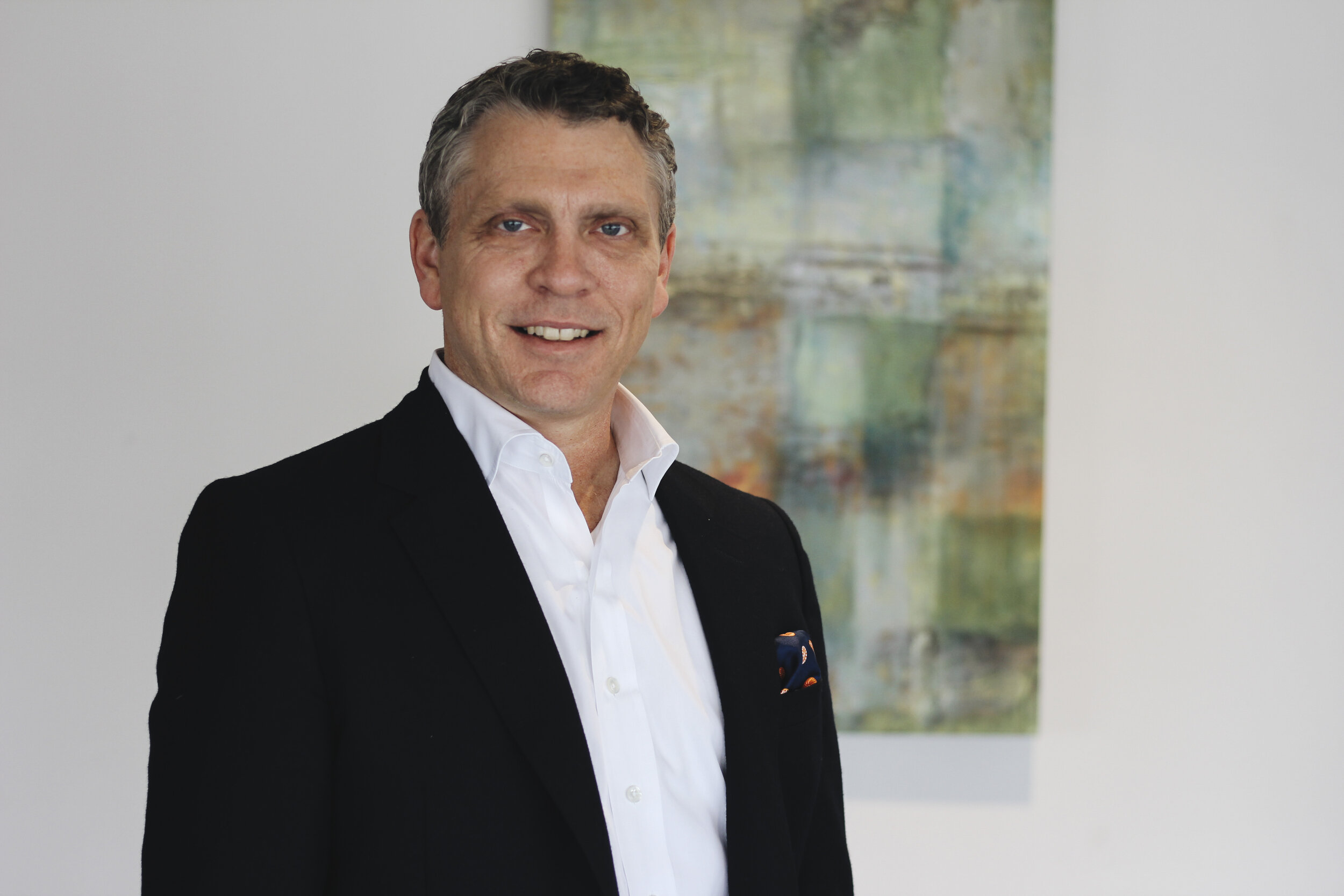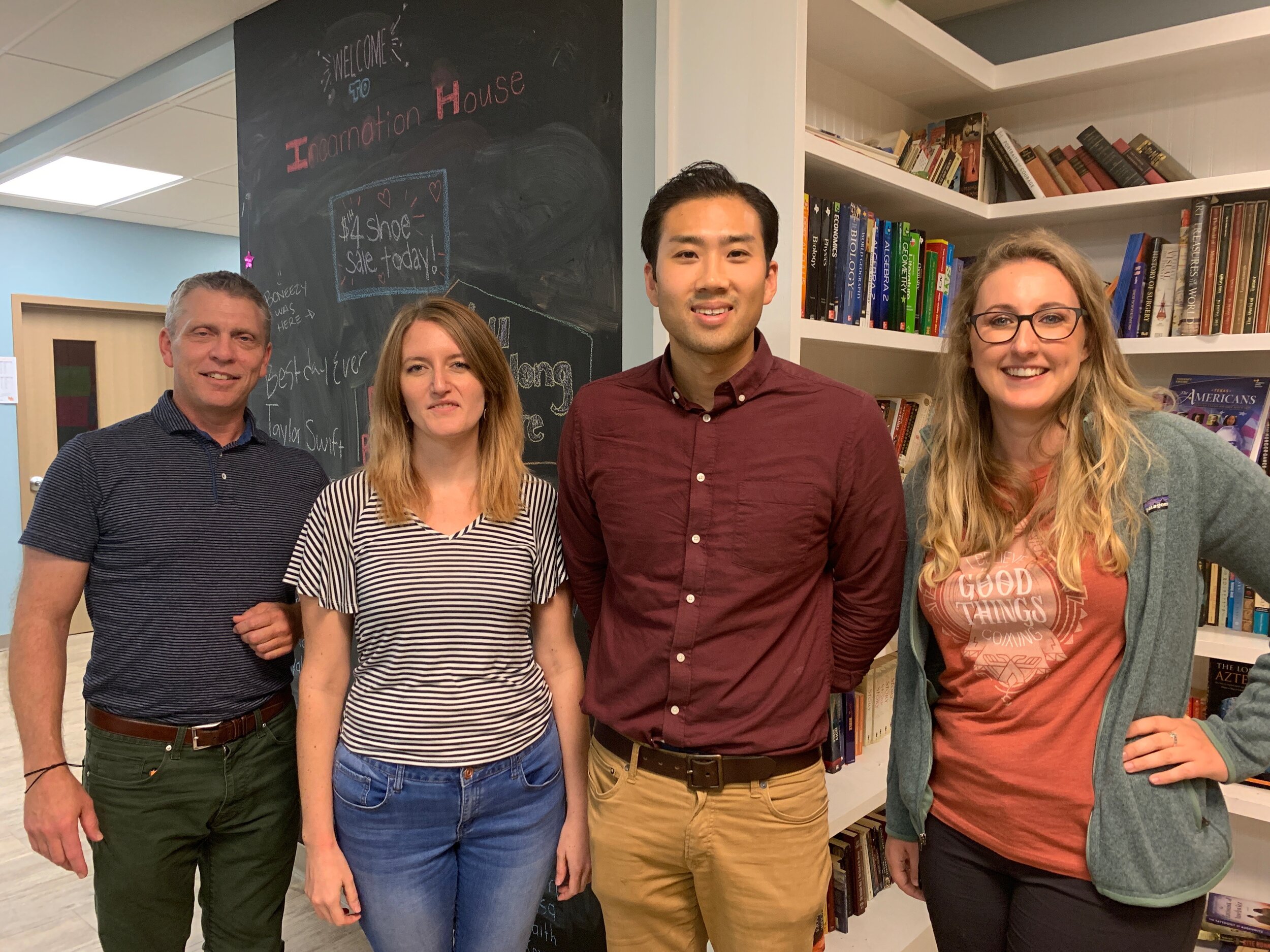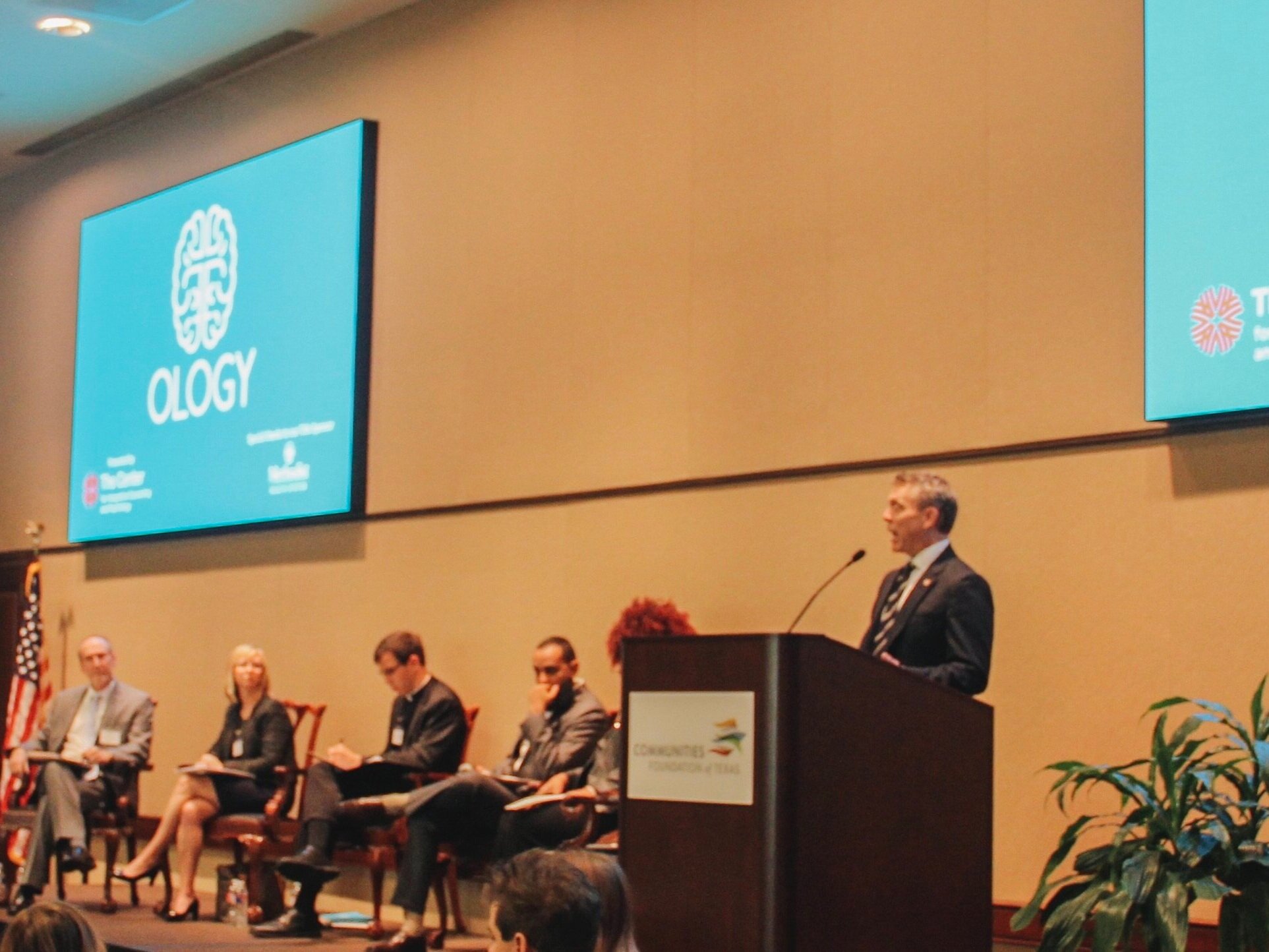Story by Hannah Rabalais. Photos courtesy of The Center.
For more than 50 years, The Center (formerly Pastoral Counseling Center) has been de-stigmatizing mental health issues by providing counseling where people live, work, play, and pray in the Dallas community.With 40 therapists and psychologists and 30+ locations from McKinney to Waco and Rockwall to Arlington, The Center provides counseling and assessments for children, teens and adults. The Center is a trusted resource, and “The Center encourages well-being and healthy relationships across communities” says the Center’s CEO, Dr. Brad Schwall.

In 2014, Dr. Brad Schwall became CEO of The Center. Dr. Schwall has been serving the North Dallas and Park Cities community for over 25 years. He has provided counseling, training for educators, social, and emotional instructional programming for children, and parent education through Park Cities Baptist Church, McCulloch Intermediate School and Highland Park Middle School in the Highland Park Independent School District. According to Dr. Schwall, helping people is in his DNA. Dr. Schwall’s father was a minister and his mother was a nurse. “I’ve always sensed a calling to help people,” he says.
Shortly after taking the reigns as CEO, Dr. Schwall wanted to ensure that the services The Center made available to those with resources and insurance were also accessible to those with barriers to receiving counseling, such as finances, geography and language. So, he initiated the Partnerships for Accessible Counseling and Training program (PACT) within The Center, where they team up with trusted nonprofits that have clients with significant barriers to mental health care. The Center’s strategy is to be where people are, “ I knew the best way to get counseling to more people would be to collaborate with other organizations that already have established relationships with people in the community.” The Center is currently partnering with Buckner’s Dallas/Fort Worth Family Hope Centers, Brother Bill’s Helping Hand, Trinity River Mission, and many other local partners to ensure their clients are receiving comprehensive wrap-around services. The Center believes, “everyone, regardless of socioeconomic status or culture, share common experiences - loss, stress, fear, and mental health issues such as depression and anxiety, pain, and trauma.” But people and families experiencing poverty face unique barriers to accessing the life-saving mental health care they often need.
Many people do not have reliable transportation, that’s why it is so important to be geographically located where people can access services easily. “By collaborating and co-locating with established nonprofits, counseling is provided onsite in communities, in a safe and comfortable environment, where people already receive services such as food, clothing, and after school care.” Language is often another huge barrier that prevents people from seeking mental health services. The Center has 12 Spanish speaking therapists to accommodate those who might not speak English. This innovative approach complements the work of existing nonprofit partners, and “our mental health services help clients being served at our PACT partner locations develop transformational skills that has generational impact.”
The need for mental health services was evident before the COVID-19 pandemic hit, but now more than ever people are in need of resources like tele-health counseling and assessments. With the use of secure technology, therapists have been busier than ever, all the while keeping existing appointments, working with kids and adults alike, and seeing new clients back to back. “There has been an increased interest in their services, and an increase in mental health conversations within the community.” Dr. Schwall has appeared on Channel 8 numerous times during COVID-19 pandemic coverage, and The Center has recently started a YouTube channel to reach more people with tips on mindfulness and how to manage emotional health during isolation.
Innovative organizations like The Center help keep our Dallas community safe and healthy, especially during a time of crisis. The Center has created the Connect Fund for people who have lost their jobs and insurance; if you have the means, please consider donating. If you or someone you love is in need of The Center’s resources, please visit thecentercounseling.org or call 214-526-4525.
If you or someone you know is experiencing a mental health crisis or suicidal thoughts, please dial 1-800-273-8255 for the National Suicide Prevention Lifeline. For help finding a mental health resource, call the Here for Texas Mental Health Navigation Line at 972-525-8181.

